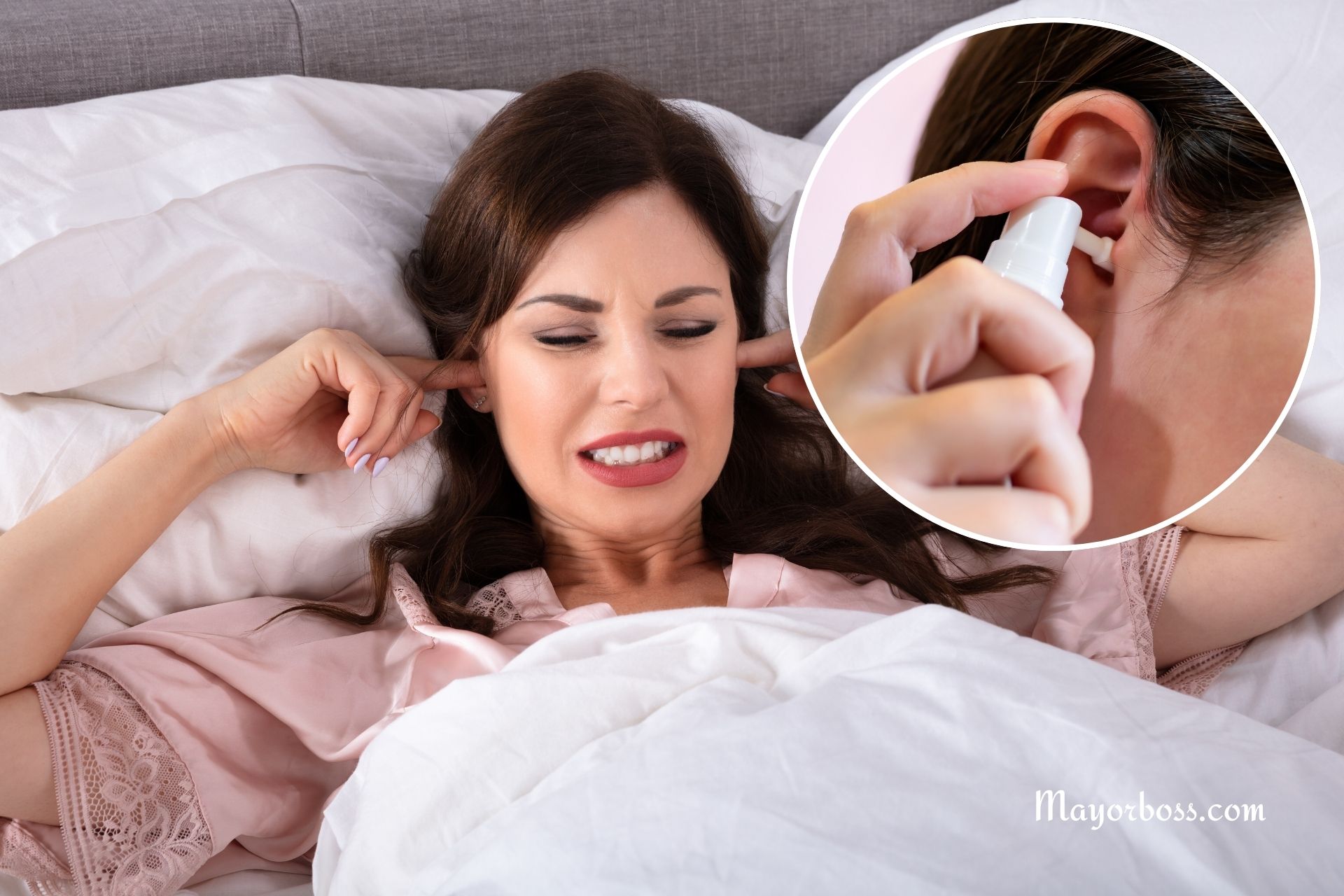Here’s How You Should Be Cleaning Your Ears—No Q-Tips Required
Taking care of your ears is important. Many people use Q-tips to clean their ears. However, Q-tips can push earwax deeper into the ear and cause problems. Your ears naturally clean themselves. This article will show you safe ways to clean your ears without Q-tips.

How Your Ears Clean Themselves
Your ear has a built-in cleaning system. Special glands in the ear make a sticky substance called earwax. Earwax helps catch dust, dirt, and germs. Slowly, the earwax moves from the inner part of your ear to the outer part. As it moves out, it carries away the unwanted particles. This natural process means that most of the time, your ears do not need extra cleaning.
Why Q-Tips Can Be Harmful
Many people think that using Q-tips makes their ears clean. In fact, Q-tips can do more harm than good. When you put a Q-tip inside your ear, it can push earwax deeper. This can block your ear and even cause pain. In some cases, it might lead to hearing loss or an ear infection. The Q-tip might also hurt your eardrum. Doctors do not recommend using Q-tips inside the ear canal because they may damage your ears.
Safe Ways to Clean Your Ears
There are several safe methods to care for your ears without using Q-tips. These methods help support the ear’s natural cleaning process.
Wipe the Outer Ear
Use a soft, damp cloth to wipe the outer part of your ear. This will remove any earwax that has come out. Make sure the cloth is clean and use a little bit of mild soap if needed. This method cleans the ear without interfering with the natural process inside the ear canal.
Use Warm Water During Your Shower
Warm water can help loosen earwax that has come to the outside of your ear. When you take a shower, let a gentle flow of warm water run over your ears. Do not try to squirt water deep into your ear. The water will help rinse away any wax or debris. After your shower, gently dry your ears with a soft towel. Drying is important because moisture left in the ear can cause an infection.
Over-the-Counter Ear Drops
If you have a lot of earwax buildup, ear drops from the pharmacy may help. These drops are made to soften the wax. When the wax is soft, your ear can naturally push it out. Follow the instructions on the package when you use these drops. If you do not feel better or if you feel pain, see a doctor.
Professional Ear Irrigation
Sometimes, earwax can get stuck and cause problems. If you feel pain, have trouble hearing, or feel a blockage, you may need ear irrigation. This is when a healthcare provider uses warm water to gently wash out the earwax. This procedure is safe when done by a professional. It is the best way to remove wax if your ear is very blocked.
Signs You Should See a Doctor
It is important to know when your ear problem needs a doctor’s help. Contact your doctor if you have any of these signs:
- Pain in your ear that does not go away
- A feeling that your ear is blocked
- Trouble hearing or a change in your hearing
- Ringing or buzzing in your ear
- Dizziness or problems with balance
- Fluid coming out of your ear
A doctor can check your ear and decide the best treatment for you. Do not try to remove stuck wax yourself if you have these symptoms.
Tips for Keeping Your Ears Healthy
Taking care of your ears does not stop at cleaning. Here are more tips to keep your ears healthy:
- Do Not Insert Objects: Do not put anything inside your ear, such as hairpins or keys. These objects can hurt your ear and push the wax deeper.
- Protect Your Ears: If you are in a loud place, wear ear protection. Loud noises can hurt your hearing over time.
- Regular Check-Ups: Visit your doctor for regular ear check-ups. This is a good way to keep track of your ear health.
- Dry Your Ears: After swimming or bathing, dry your ears well. Keeping your ears dry helps prevent infections.
Common Myths About Ear Cleaning
There are many ideas about how often you should clean your ears. Some people think you must clean deep inside your ear every day. However, your ears are built to clean themselves. The wax in your ear protects it from germs and water. Cleaning your ears too often or too deeply may remove this protection. Letting your ears do their work is usually best for your ear health.
When to Avoid Cleaning Your Ears
There are times when cleaning your ears is not needed. If you do not have any discomfort, your ear is likely cleaning itself well. Over-cleaning can remove too much wax and leave your ear vulnerable to germs. Only clean the outer part of your ear if you see a wax buildup there. If you are not sure, ask a doctor for advice.
Takeaway
Your ears are built with a natural cleaning system. Using Q-tips can hurt your ears by pushing wax further inside. Instead, use safe methods like wiping the outer ear with a soft cloth, rinsing with warm water during a shower, or using over-the-counter ear drops when needed. If you have signs of a problem, such as pain or hearing loss, see an otorhinolaryngologist.
